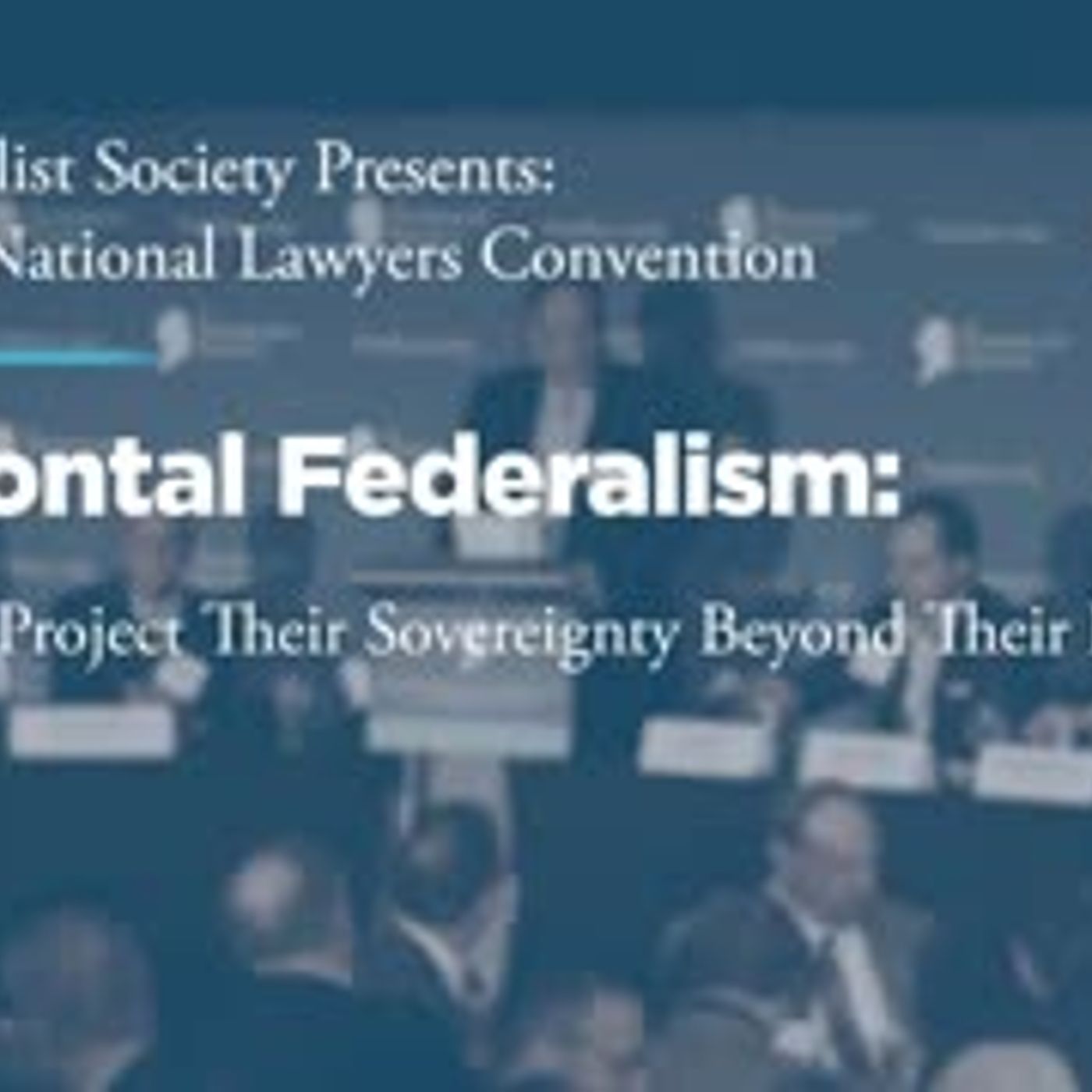- News
- Politics
- SEE MORE
- classical
- general
- talk
- News
- Family
- Bürgerfunk
- pop
- Islam
- soul
- jazz
- Comedy
- humor
- wissenschaft
- opera
- baroque
- gesellschaft
- theater
- Local
- alternative
- electro
- rock
- rap
- lifestyle
- Music
- como
- RNE
- ballads
- greek
- Buddhism
- deportes
- christian
- Technology
- piano
- djs
- Dance
- dutch
- flamenco
- social
- hope
- christian rock
- academia
- afrique
- Business
- musique
- ελληνική-μουσική
- religion
- World radio
- Zarzuela
- travel
- World
- NFL
- media
- Art
- public
- Sports
- Gospel
- st.
- baptist
- Leisure
- Kids & Family
- musical
- club
- Culture
- Health & Fitness
- True Crime
- Fiction
- children
- Society & Culture
- TV & Film
- gold
- kunst
- música
- gay
- Natural
- a
- francais
- bach
- economics
- kultur
- evangelical
- tech
- Opinion
- Government
- gaming
- College
- technik
- History
- Jesus
- Health
- movies
- radio
- services
- Church
- podcast
- Education
- international
- Transportation
- Other
- kids
- podcasts
- philadelphia
- Noticias
- love
- sport
- Salud
- film
- and
- 4chan
- Disco
- Stories
- fashion
- Arts
- interviews
- hardstyle
- entertainment
- humour
- medieval
- literature
- alma
- Cultura
- video
- TV
- Science
- en
Horizontal Federalism: May States Project their Sovereignty Beyond Their Borders?

b'On November 14, 2019, the Federalist Society\'s Federalism & Separation of Powers Practice Group hosted a panel for the 2019 National Lawyers Convention at the Mayflower Hotel in Washington, DC. The panel discussed "Horizontal Federalism: May States Project Their Sovereignty Beyond Their Borders?".
The Supreme Court\'s recent decision in Franchise Tax Bd. v. Hyatt (overturning Nevada v. Hall) enforced an originalist understanding, limiting attempts by a state to extend its sovereign powers beyond its borders. Although often overlooked, vertical federalism arose in part as way of controlling the abuses of horizontal federalism under the Articles of Confederation. Some states had arguably been using their powers to infringe on the powers of other states. The Constitution’s strong federal government (yet with a limited number of powers) modified, without eliminating, horizontal federalism. The Constitution adapted from the Articles of Confederation certain horizontal provisions such as privileges and immunities, extradition, and full faith and credit. The two forms of federalism are encased within our current system of separation of powers.
Vertical federalism is evident when different groups of state AGs -- Red state AGs against Obama and now Blue state AGs against Trump-- have challenged federal policies in suits filed in federal courts. Different and more difficult to challenge, however, are attempts by one state or a group of states to make its policies effectively binding on other states. Examples include sanctuary state laws, California’s Internet regulation, cities and states suing oil companies in an attempt to regulate global warming and the National Popular Vote Compact. These developments implicate not only federalism and separation of powers, but the limits of state police powers and the natural right of self-government. Do these actions by some states necessarily come at the expense of other states? Do they violate the fundamental right of citizens to be governed by their own state constitutions and the separation of powers system of the federal Constitution?
*******
As always, the Federalist Society takes no position on particular legal or public policy issues; all expressions of opinion are those of the speakers.
Featuring:
Dr. John S. Baker, Jr., Professor Emeritus, Paul M. Hebert Law Center, Louisiana State University and Visiting Professor, Center for the Constitution, Georgetown University Law Center
Dr. John C. Eastman, Henry Salvatori Professor of Law and Community Service and Director, Center for Constitutional Jurisprudence, Chapman University Fowler School of Law
Prof. Edward L. Rubin, University Professor of Law and Political Science, Vanderbilt Law School
Mr. Ilya Shapiro, Director, Robert A. Levy Center for Constitutional Studies, Cato Institute
Moderator: Hon. Michael Brennan, United States Court of Appeals, Seventh Circuit'